Can home schooling reconnect Ireland with its agricultural heritage?
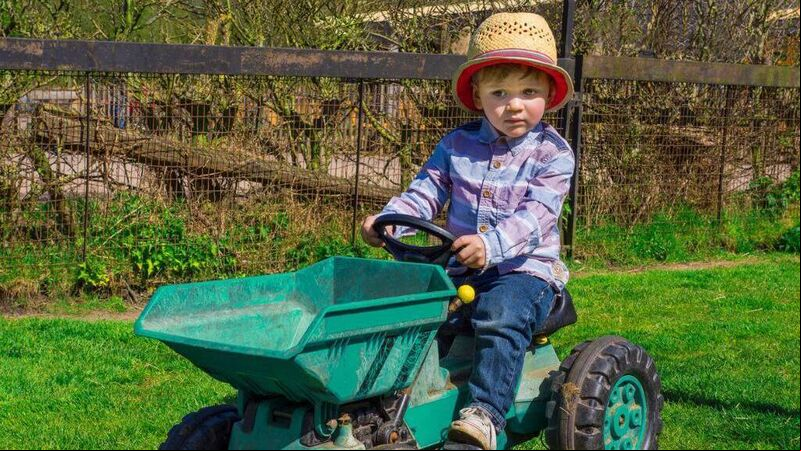
With calving and slurry agitation in action from mid to late January, farms were going to be busy and the potential for accidents was high.
When rumours first circulated earlier this year about ‘possible’ (let’s face it ‘possible’ has become the new ‘inevitable’) school closures, a nation was once again mobilised in preparation to home school their children.
I’ll be honest, our ‘home school’ in 2020 did not make for a happy home. It was stressful as we found ourselves confronted with the Irish verbs we once arrogantly claimed ‘we’d never need’, struggled with alien methods in basic subtraction and multiplication, and don’t even start me on phonics (sorry, but they make no sense). It seemed despite having obtained respectable third level qualifications I was massively unqualified to teach a third class pupil in absolutely anything.
However, seeing how my friends were coping was another lesson. My various Whatsapp groups became flooded with pictures illustrating their myriad of diverse approaches to homeschooling.
In one corner you had 'the Doer’s, mainly made up of ‘the Bakers’, ‘the Walkers’, the 'Arts & Crafties’, basically those parents who just seemed to be taking this all in their stride and really embracing having their children at home and close to hand.
Then there was the ‘Rebels’, those who chose to ignore the Google Classrooms, ‘See Saw’ or whatever platform was the remote learning of choice, opting instead for their own teaching materials and methods. The Rebels flourished with practical techniques and subject interpretations.
Eg. Dusting = Intro to ; Vacuuming = Advanced Home Economics; Potato Peeling = Ag Science; Dog walking/putting the bin out =
Grocery shopping ticks a lot of boxes for our Rebels: writing, reading, and economics. In fact, the ‘Rebels’ would even go so far as having the occasional day off for self-appointed ‘in-service days’, genius!
Finally, there was me, the ‘By the Books’. My aim was to make sure all materials were covered off and that junior had retained some level of learning, mostly to the detriment of his, mine, or everyone’s sanity and general wellbeing.
So as I cleared a space for junior to set up his ‘Busy at Maths’ and other weapons of parental destruction I resolved not to be the stressed out mess I proved to be the first time around. (Granted I nearly fell at the first hurdle as a ‘Bua n Cainte’ nearly broke me on day 1).
I found comfort when I was reminded that to ‘Home School’ is a parent’s choice, this situation was no one’s choice and therefore it must be regarded for what it actually is, ‘Emergency Education’.
This time would indeed be different and what’s more, I wanted to use the opportunity with AgriKids to create homeschooling resources of my own, (there’s perhaps a Rebel in me after all). I had to view this new lockdown to both parents and teachers with useful content and subject matter that would keep the farm safety conversation going.
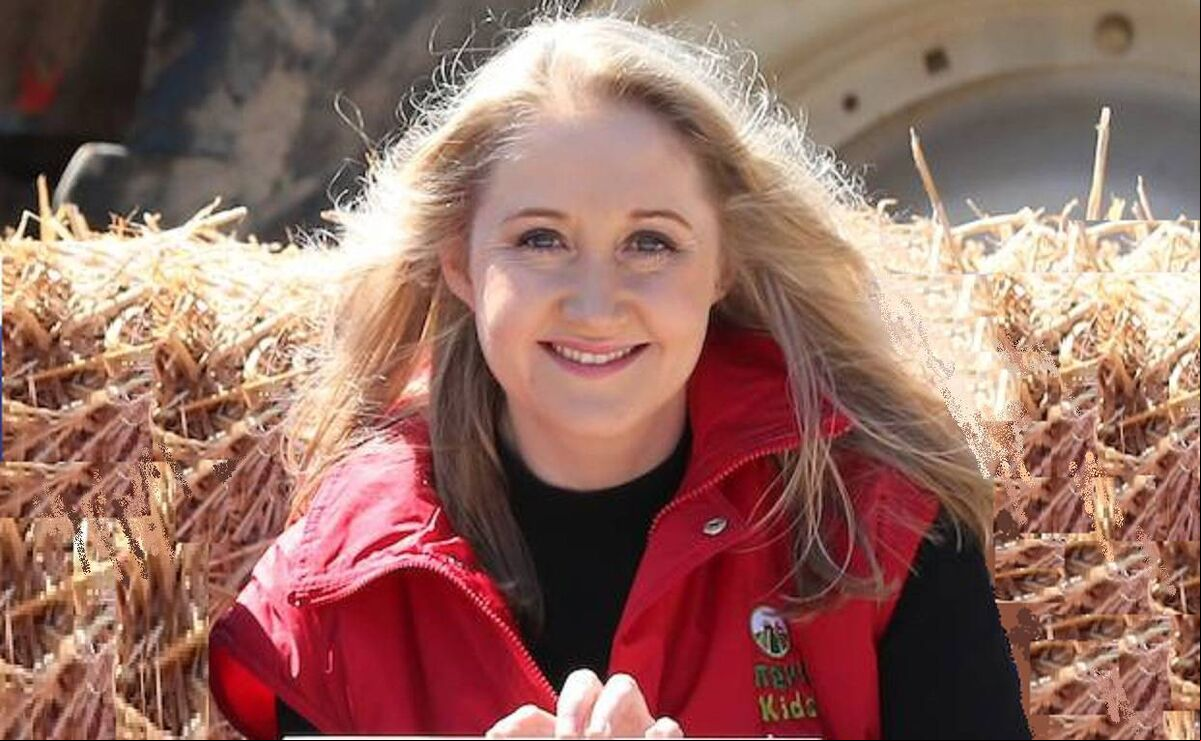
Even though I was somewhat concerned by the idea of homeschooling I was gravely concerned at the thoughts of many children being home and on farms all around the country.
With calving and slurry agitation in action from mid to late January, farms were going to be busy and the potential for accidents was high.
When schools closed last year we saw a spike in fatalities, three of which involved children and despite best efforts from bodies and organisations such as my own AgriKids, we were losing the battle on farm safety awareness and practice.
So now, once again I found myself not being able to deliver farm safety workshops into classrooms. Since Covid started I had managed to pivot my in-person events to virtual ones and was already delighted with the impact. Having completed 50 webinars I had also reached in excess of 10,000 children. The technology was embraced by teachers and it was working. We were keeping the farm safety conversation going, despite Covid’s best efforts to shut us all down. However, Covid had thrown down yet another gauntlet and was awaiting my response.
So I created a Home Schooling section on Agrikids.ie. I created games, quizzes and I also pre-recorded webinars, suitable for ages 4-12 years. I shared them on social media with the angle that the events ran for 45 minutes and the ing question sheet should give another 30 minutes ‘parental own time’. This tone resonated as the retweets and shares mounted up from parents and teachers alike.
You’d think I would be happy with doing that, but alas I’m not. It seems as I powered to overcome one homeschooling hurdle a much greater one became apparent.
I think this time right now is a great opportunity for us Agri educators to help farming communities even more. To reconnect Ireland with its farming heritage and to ensure that alongside the farm safety conversation that farming itself becomes part of the dialogue.
Take for example school summer holidays, they are longer in than most other countries and that’s because of farming.
Way back communities and towns came together every August to help local farmers get their harvest in, it was all hands on deck. My husband even recalled when a particularly wet spell during the hay season had wreaked havoc and prompted his teacher to tell pupils to stay home if they were needed on the farm. There was a respect for the profession which I believe is now nearly extinguished.
I am not sure when, why, or how Ireland become so disconnected from farming. All I can say is that it is a bridge that needs to be gapped before it divides us further. As a country, our history and traditions are engrained with the land. I TV commercials advertising the likes of Ivomec, Systemax, Cepravin, and of course Triple-A Golden Maverick, you might not have known what it was for but it was still a connection.
Back to recent times and I was heartened to see was how many teachers included farm and farm safety in their lesson plans and I was never tired of those parents who reached out to me with questions and comments on social media. It was important that I not only answered but helped to keep the conversation going.
Improved farm safety awareness and practice remain as ever my constant objective but re-engaging and reconnecting us to farming as a society is another journey to be embarked on.
If anything has become more apparent over the past year it is the vital role our farmers have played in helping to keep this country fed and watered during the pandemic. Shelves are stocked and tummies are full.
So while our wee ones are being homeschooled why not include some farm themes in their lessons. You don’t need a farm to talk about farming.
It can be something as simple as a trip to the supermarket and tracing back some of the foods to their place of origin. All too often I am shocked at how many children are unaware of how and where their favourite foods have originated from. Let's not give the supermarkets all the credit!
Dairy: Butter; Cheese; Yoghurts; Ice-Cream Vegetables: Potatoes; parsnips, carrots Grains: Bread; cakes; cookies and pasta. Let’s bring farming back into our homes. Re-connect our children with their food and make them aware of how their food is produced and safety risks and measures in doing so. Then when those school doors are allowed to reopen (Amen to that) our children will have learned vital lessons that can be shared in-home and school alike.
AgriKids is a farm safety educational platform for children.
Free to use resources including lesson plans, digital games, and activities.
Visit www. argikids.ie
Agri Kids is ed by Flogas
Visit www.flogas.ie

Produced by Agri Aware, ‘Dig In’ is an interactive agricultural curriculum designed for primary school students. Broken down into comprehensive topics, Dig In covers all different aspects of farming.
Age Groups: Infants - 6th Class
Visit www. agriaware.ie
Twinkl Twinkl has some great free resources to the ‘On the Farm’ theme.
Visit www.twinkl.ie
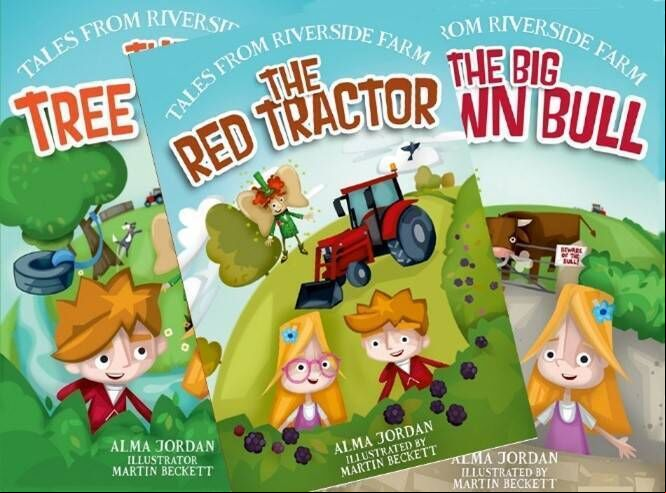
Living on a farm means that a tricky situation is never far away and it is not long until Tom & Sarah must call on their little friend, Mr Brambles to help save the day.
Tales From Riverside Farm uses entertaining and engaging stories to on the farm safety message in a positive way.
For children aged 4+
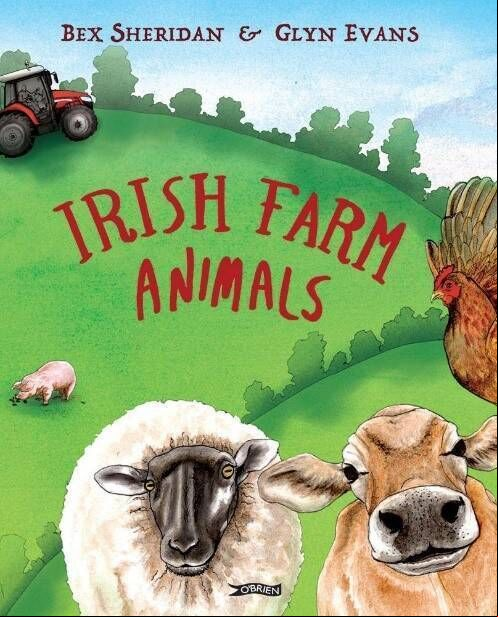
A book on all aspects of farming in Ireland, from all over Ireland, including traditional farm animals like cattle, sheep, goats and poultry to more unusual animals like alpacas, wild boar, rhea and fish.
Published by O’Brien Press
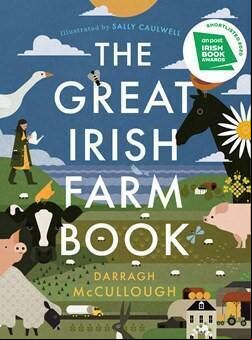
From the farmer's day to the changing of the seasons, from animals and crops to machinery and technology, and from ancient times to the modern-day, The Great Irish Farm Book will take you on a fascinating journey through life on an Irish farm.
Published by Gill Books





